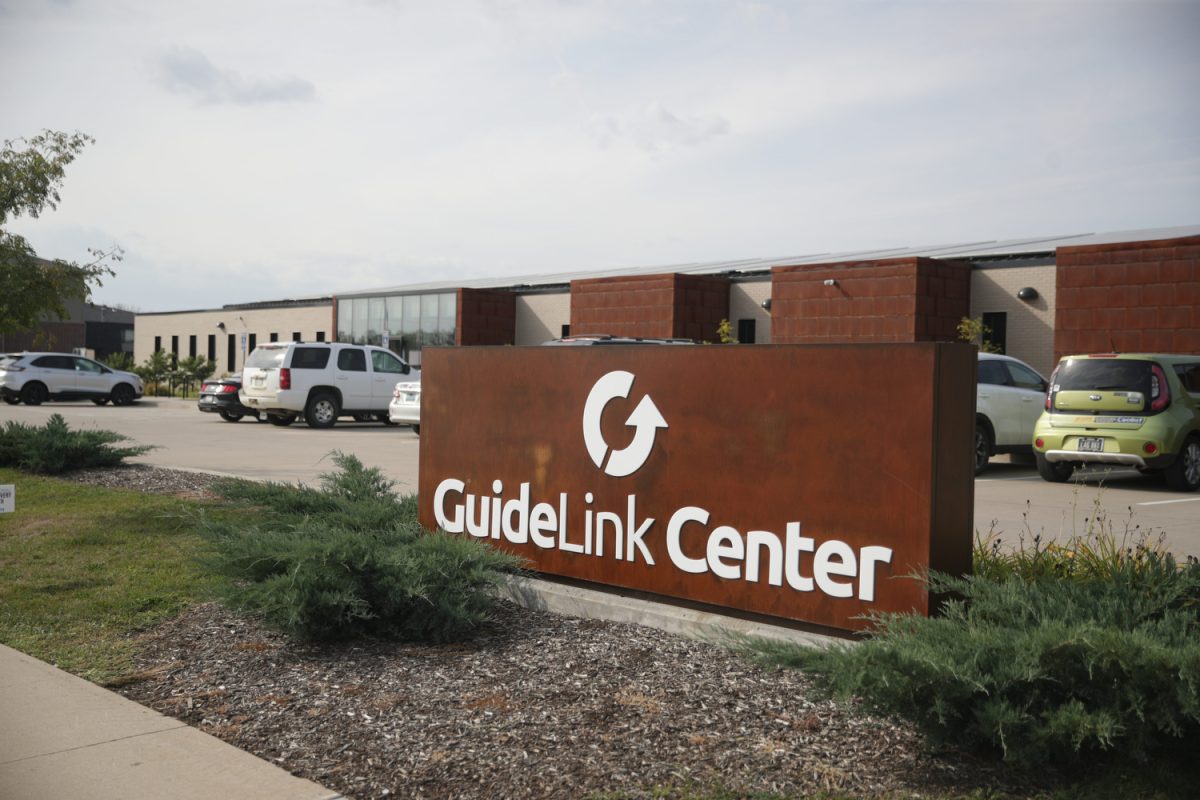A jail cell isn’t treatment, but for many people struggling with mental health or substance use disorders, it becomes the default. In Johnson County, local leaders are pushing for a new approach — one that diverts people from incarceration and into care.
As part of its ongoing efforts to address mental health and substance use challenges within the criminal justice system, Johnson County has received a technical assistance grant from the Substance Abuse and Mental Health Services Administration, or SAMHSA, to host a workshop on the Sequential Intercept Model. The workshop focuses on diverting individuals from incarceration to treatment.
Abbey Ferenzi, the executive director of the GuideLink Center, which offers resources for adults with mental health and substance use disorders, said she was motivated to apply for this workshop after witnessing how systemic failures harm people who are struggling with mental health or substance use disorders.
“People fall through the cracks and either end up not getting the care they need, end up homeless, end up in jail or in the criminal justice system, or end up dead,” Ferenzi said. “So, I’ve always been looking for ways to address those gaps and be part of something that’s innovative and tackling some of those bigger issues.”
The Sequential Intercept Model, or SIM, outlines key points where interventions can divert individuals from the justice system to treatment and support. Spanning community services, law enforcement, courts, incarceration, and reentry, it helps communities identify service gaps and improve care connections.
The technical assistance grant awarded to Johnson County will include pre-workshop planning, community self-assessment, data collection, and a 1.5-day in-person SIM Mapping Workshop to enhance collaboration and improve diversion efforts.
“We are one of the few counties selected across the country to receive this technical assistance award,” Ferenzi said. “In order to be selected you have to demonstrate advanced collaboration and efforts between the criminal justice and behavioral health systems and a willingness from key stakeholders.”
Ferenzi said part of the application was gathering support from those key stakeholders, including the Johnson County Attorney’s Office, Sheriff’s Office, Board of Supervisors, Ambulance Services, as well as the Iowa City and Coralville police departments.
Additionally, local charitable organizations including CommUnity Crisis Services and Food Bank, Shelter House, and Inside Out Reentry Community contributed letters of support.
“There’s a lot of resources in this community. We are very fortunate. We’re very progressive,” Ferenzi said, referencing existing programs in Johnson County such as Iowa City Police Department’s crisis co-responder team and the county’s jail alternatives program. “But the reason we still need this is, despite all of our efforts, there are still people with behavioral health needs that are not getting the services that they need.”
RELATED: Johnson County launches new mental health website
Ferenzi highlighted the success of alternatives to the criminal justice system, citing GuideLink Center’s sobering unit as an example. This unit, often receiving referrals from law enforcement, provides a space for individuals cited for public intoxication who would otherwise be jailed. Instead, they have the opportunity to access recovery and treatment resources.
“What we found is that about 30 to 40 percent of the people who start out in the sobering unit end up seeking other services here,” Ferenzi said.
In an email statement to The Daily Iowan, Johnson County Sheriff Brad Kunkel echoed the value of providing alternative options for people struggling with addiction.
“It’s always good to evaluate your processes and look for better ways to serve the public while building relationships within our network of providers,” Kunkel wrote. “I think this will show that Johnson County is doing a lot of great work already, and this will validate our successes while providing more opportunities to fight addiction.”
Johnson County Attorney Rachel Zimmerman Smith praised Ferenzi for taking the initiative on this award and indicated the county’s continued focus on helping residents with substance use and mental health struggles.
“Johnson County has always been a leader in efforts to improve outcomes for people with mental illness and substance abuse disorders,” Zimmerman Smith wrote in an email to the DI. “This award shows that while we are carrying on the tradition of leadership, we are constantly looking for ways to improve how we care for people. I am excited to start work on this project.”



